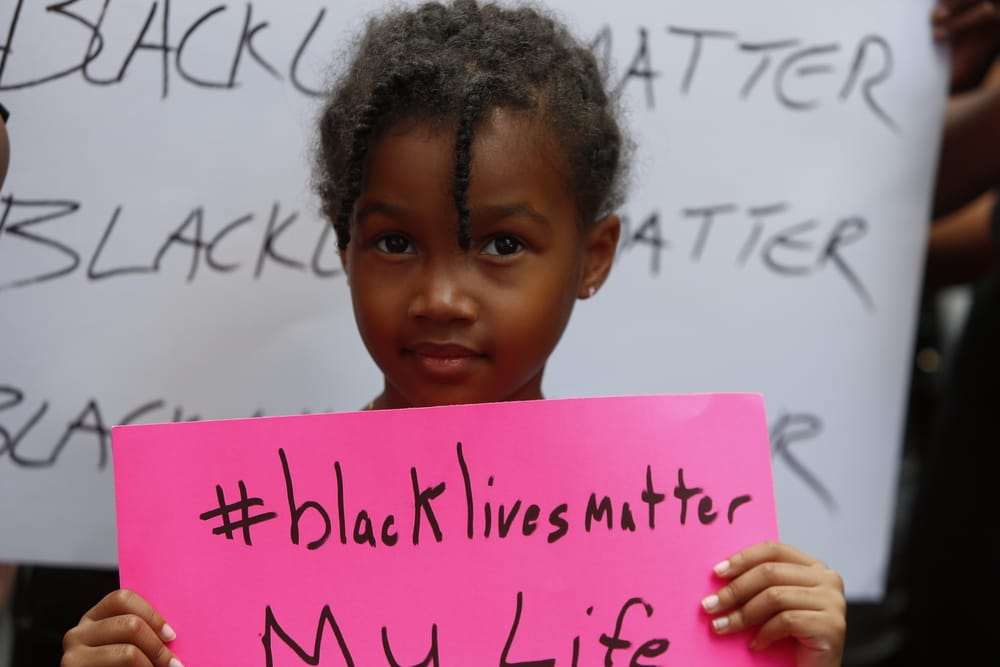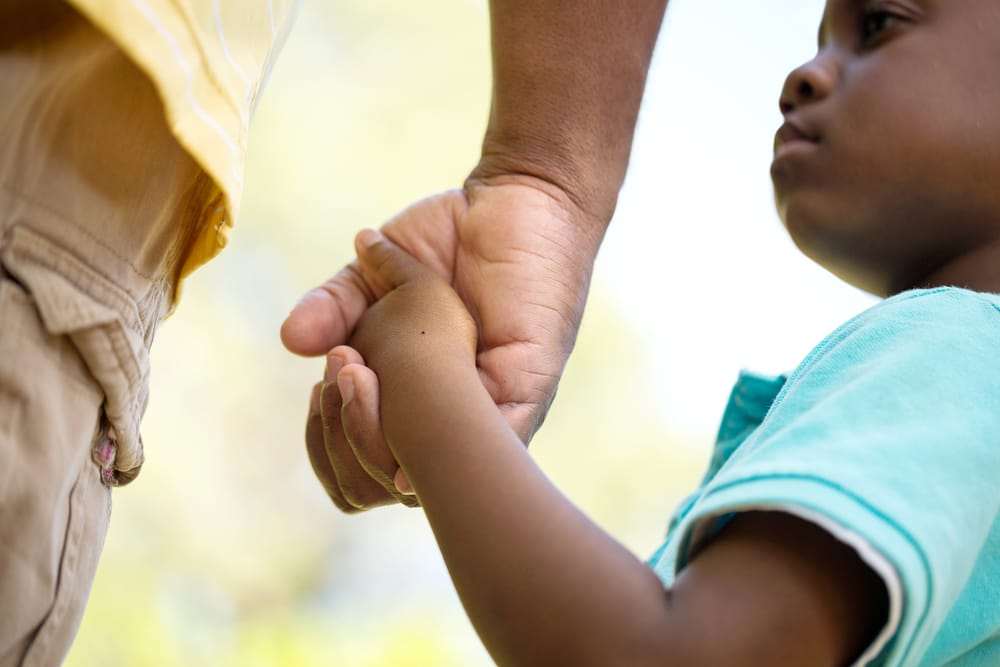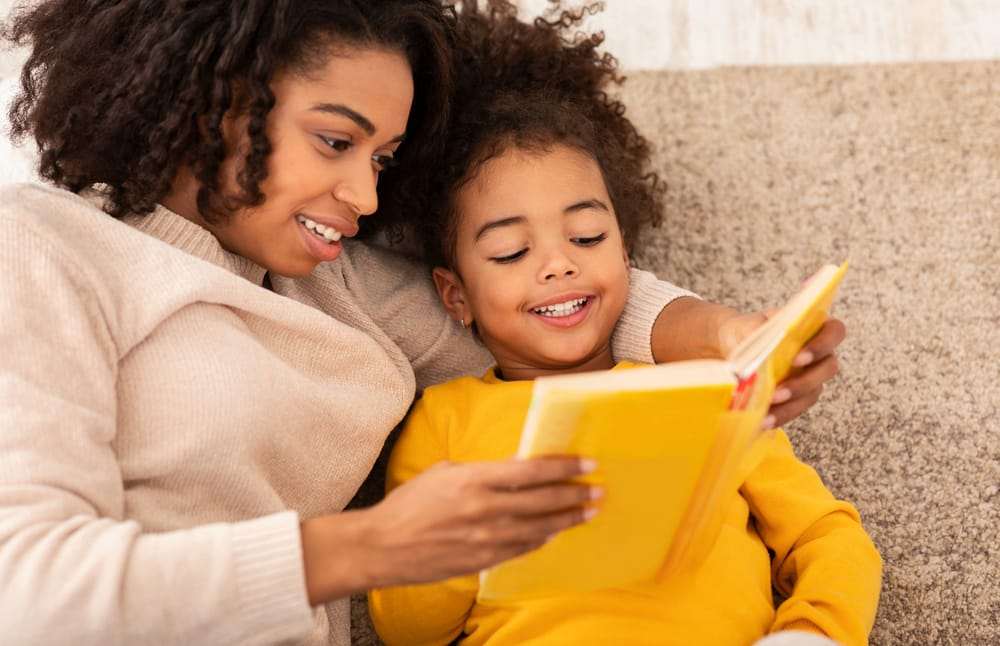
by Diana Hembree
My husband Ali always remembers how thrilled he felt when he went on vacation with his family. At age 6, leaning gleefully out the car window as they rolled down the highway, he came face to face with a trucker at a stop sign. “How come you’re so black?” the man shouted, laughing.
As the truck roared off in the distance, my husband recalls, the joy inside him drained away, like air from a punctured balloon – not because of the color of his skin, of course, but because of the man’s bizarre reaction to it. Ali is Afro-Iranian, and this happened in Iran. My husband’s ancestors were from East Africa and may have come to Iran as slaves.
Ali’s white and Black siblings were equally popular in their family, neighborhood and town of Abadan. In other parts of Iran, however, he would encounter stares and curious villagers wanting to rub his skin “to see if the black comes off.”
The story about his vacation reminded me of a poem by Black author Countee Cullen (1903-1946), whose joyful trip to Baltimore was ruined by a similar incident. My husband didn’t have an experience quite like that after he immigrated to the United States, but he did have some of the ominous encounters so familiar to African American men, such as being pulled over by policemen for no reason while driving home from work late at night, hearing the ubiquitous “thump-thump-thump” of car locks clicking down as he walked through the supermarket parking lot in the dark and dealing with bigoted comments and smirks at his mechanical engineering job.
Most alarming was when Ali once took his two young kids on an outing – in pre-cellphone days – and stopped in Montclair, Calif., to make a call in a phonebooth. As he dialed, he heard a metallic voice telling him to raise his hands and turn around slowly. There were two cops, holding guns, “looking for a Black guy of your description who just robbed a store.” Fortunately, after a brief exchange, they believed Ali and drove off, leaving him to comfort his terrified children.

Like most Black parents, my husband planned to have “The Talk” as his children entered their teens to help guide and protect them. But after being confused with an armed robber, Ali felt he needed to have it while they were in elementary school. Today, in the wake of Black Lives Matter protests, many African American parents have had to have that talk even sooner.
During the coronavirus lockdown, I’ve been reading and listening to Black parents discussing “The Talk” in The Atlantic, Fatherly, the Washington Post, the New Yorker and other places. In this column, I wanted to share some of their powerful thoughts on racism, anger, hope and parenting.
From ‘Becoming a Parent in the Age of Black Lives Matter,’ by Clint Smith, The Atlantic
“When the Movement for Black Lives began, I did not have children. Now the fight means more to me – coupled with fears that are even deeper.
“I have a 3-year-old son who loves to sing songs from ‘The Lion King’ at the top of his lungs and a 1-year-old daughter who laughs like there are fireworks in her belly … My children are both respite from all the tragedy transpiring in the world, and a reminder of how high the stakes are. When I am with them – on our walks, playing in the field, reading them stories, giving them baths – I am not able to fall into the infinite hole of endless scrolling that so often brings me to despair. But also, when I am with them, I am reminded of the brokenness of the world that their mother and I have brought them into and get lost in a labyrinth of anxiety about how I might protect them from it.

“I will have [‘The Talk’] one day, but right now a conversation that is more central to my life at the moment is the one that Black parents are having with one another. Most of our children are under 3. A common theme is that the need to be present for our children, who are so young and so in need of our constant attention … As one of my friends put it when thinking about having a 2-year-old son in this moment: It’s the discomforting juxtaposition between the joy of seeing the world through his eyes and knowing how the world will see him one day.”
From ‘The Heavy Burden of Teaching My Son About American Racism,’ by Jemar Tisby, The Atlantic
“To be a Black parent in America is to be in a state of constant vigilance. All parents know this caution to some degree – keep sharp objects out of reach, make sure they don’t play in the street, check out what kinds of friends they’re making. Black parents, on top of that, have to worry about shielding their children, and healing them, from anti-Black racism.
“They also, in having these conversations, often have to revisit old traumas of their own: Having the word ‘nigger’ hurled at them, having lost out on jobs or promotions because others viewed them as less competent than their lighter-skinned peers, having been pulled over simply because of their skin … I want to tell my child that today life is better for Black people. It is certainly different. People of color can enter any public building. We can make meaningful movies that bring in a billion dollars. We can even be president. At the same time, I have to prepare my Black son for a nation still gripped by the myth of white supremacy. The best I can do, I’ve concluded, is err on the side of honesty [and] let him hear about it from someone who unconditionally loves him.”
From ‘Change Can Happen: Black Parents on Hope, Racism and Parenting,’ by Patti Neighmond, National Public Radio
“It has been difficult to explain the violence on TV and why peaceful protestors are getting tear-gassed,” said Eriade Williams, who with her husband Chris took her children to a peaceful BLM protest near their home in Silver Springs. [“We told them], ‘These are things that we’re protesting because they’ve never been dealt with appropriately in the past. You … have to exercise your right to say what you think about things and you can’t be scared and stay in your house. And when we came back from the protest, they were exultant.
“My parents had explicit conversations with me about how to behave with cops and about the racism I would face out in the world, the same conversations that many Black parents across the United States have with their children.”
“We grew up and understood that everything in life wasn’t going to be fair; so we want to raise the children with a sense of reality, but we don’t want to poison them and we don’t want them to be blindsided by anything either.” – Eriade and Chris Williams, Silver Springs, Md.
“We have started with storytelling and books that portray individuals with brown skin so their children will ‘feel comfortable in their own skin’ and have a positive image of themselves.
“In the future, they’ll have to tackle harder issues head-on. ‘I mean you have to have hope, but you also have the reality that he will become a Black man; right now, he sees police officers and cops as superheroes,” Derek Williams says. “It’s a shame that this frame of mind will likely change over time to where he no longer sees public servants as superheroes, but he sees them as something else.’” – Barbara and Derek Ford
“It’s hard not to experience [racism], and it’s almost impossible not to fear it. But we’re not walking alone,” Albert Latham says. “And while these occurrences and conversations aren’t necessarily new for our household, I do realize … George Floyd’s untimely and unfortunate death was certainly a tipping point for the nation.
“For us as parents, it’s important to just create a safe haven, a safe space for our children to feel they’re accepted when the world rejects them. A place where they can come and be lifted when the world knocks them down.

“We’ve got to be very careful to not preach doom and gloom all the time – to not talk about the history of Black folk as starting in slavery or in the Jim Crow South. Our history is much, much richer than the misfortunes that we faced.
“And so, another way that we try to reduce the stress for us and our children is to make sure that we understand there’s still greatness that courses through our veins.” – Albert and Quinetta Latham, and daughter Maria, 12, and son Albert “Tre,” 18
From ‘Now I Understand Why My Parents Were So Strict,’ by Briana Holt, The Atlantic
“When I was a child, I thought my parents were extremely unreasonable. In grade school, their strict rules kept me from going to classmates’ sleepovers, and any playdates I did have had to take place in our home. I attended a predominantly white Catholic school, and as one of the four Black kids in my class, I already struggled to fit in. Being the weird kid who couldn’t go to anyone’s house didn’t help.
“… At the time, these rules felt annoying, but as I got older, I realized they were necessary. My parents had explicit conversations with me about how to behave with cops and about the racism I would face out in the world, the same conversations that many Black parents across the United States have with their children. I came to see that their smaller everyday rules were coming from that same place of wanting to protect me from a racist society.”
Diana Hembree is a science writer for the Center for Youth Wellness. She is an award-winning journalist who has worked at Time Inc., the Center for Investigative Reporting and the Energy Bioscience Institute and has written or edited for Forbes, HealthDay, the Washington Post, PBS Frontline, Vibe and many other places. She can be reached at stresshealthnow@centerforyouthwellness.org.





